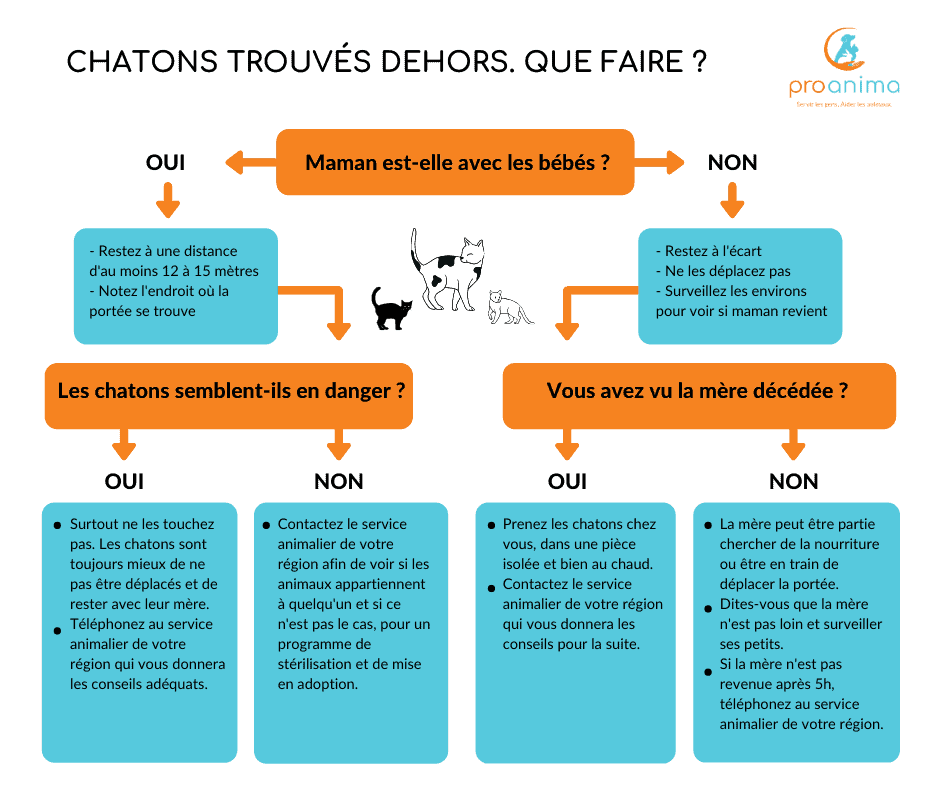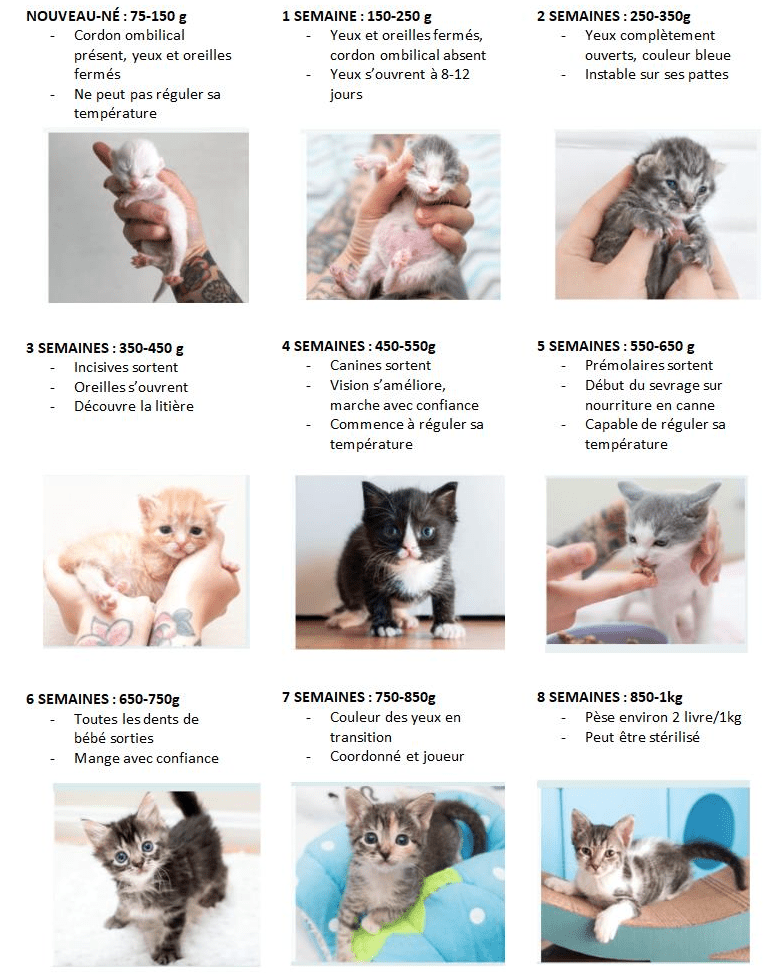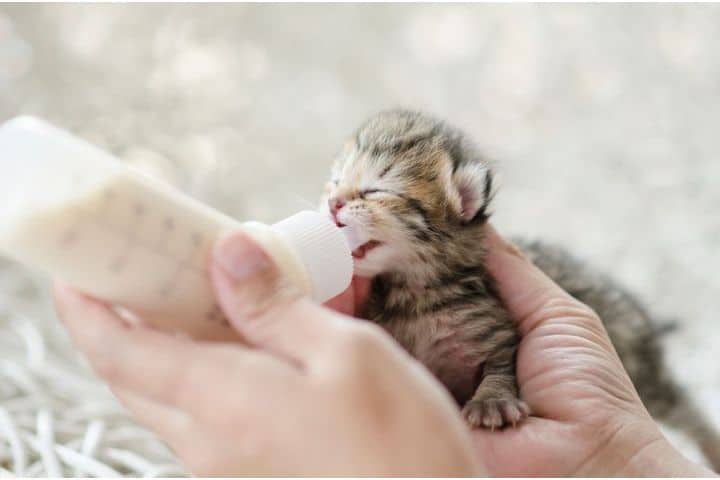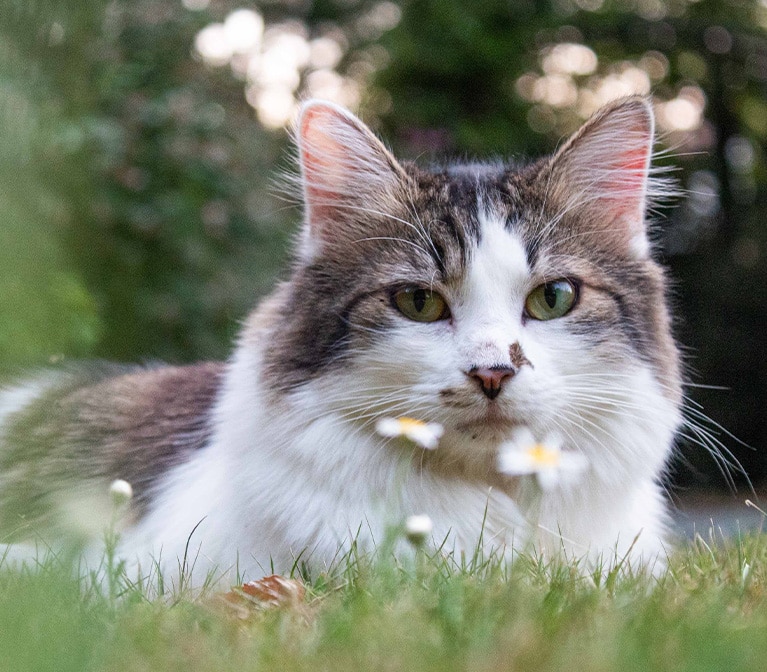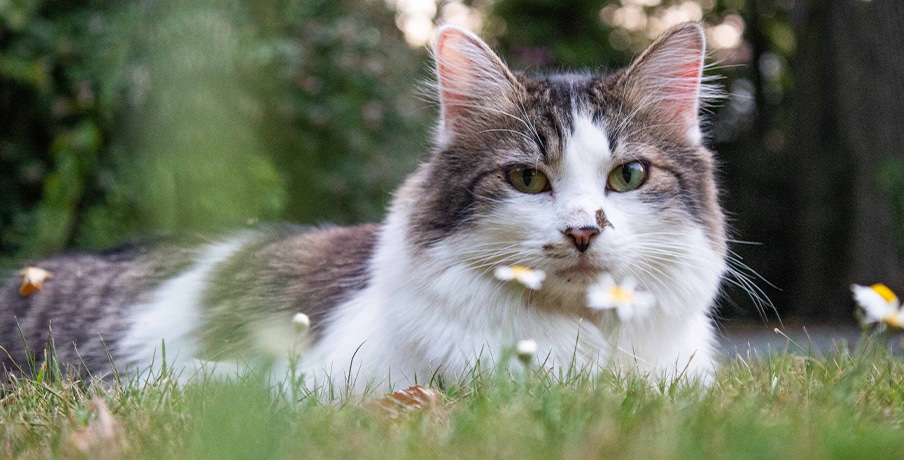I found an animal
What should I do?
If you find a domestic animal in one of the municipalities we serve, someone for sure is looking for them. You can contact us as soon as possible. The processing of calls is done according to the level of urgency.
What to do if you find a domestic animal.
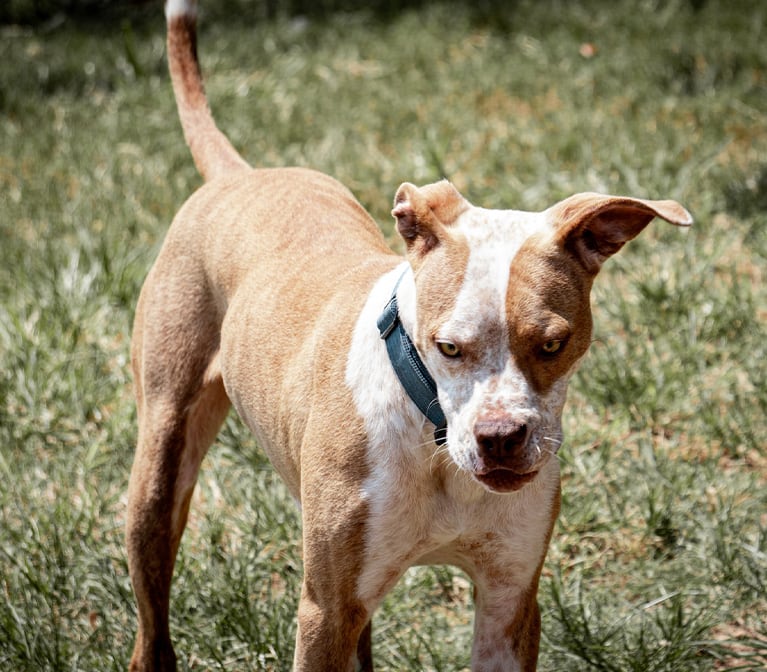
A domestic animal which is aggressive, hurt or in danger.
- Do not come in contact with the animal.
- Make sure that everyone nearby and the animal are safe. Do not place yourself in danger if the animal seems to be aggressive.
- Contact us immediately. Outside of our working hours please contact 911.
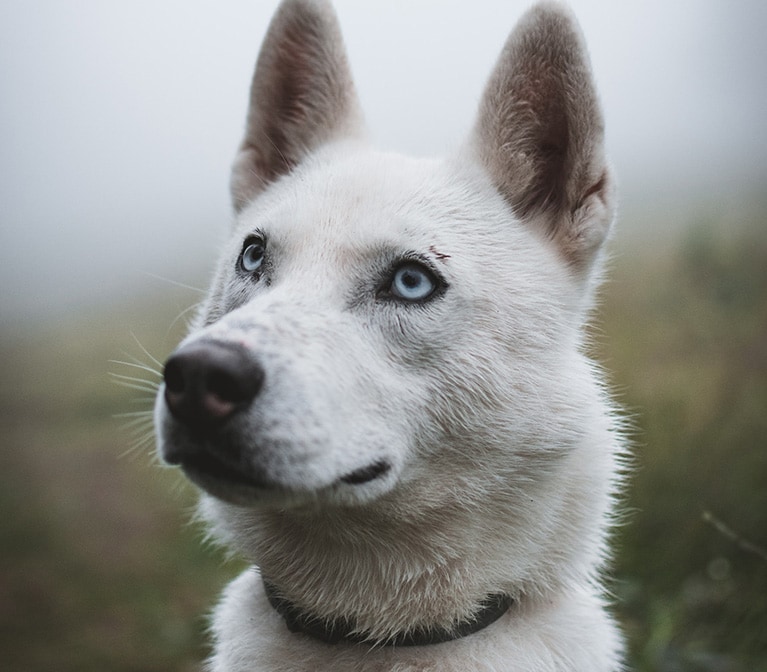
For a dog;
- If they have a Proanima tag or medallion contact us immediately.
- If they have any other type of identification you can try to contact the owner yourself – they will be very grateful!
- You can bring the animal to the shelter during our opening hours. We can also come pick the animal up. You have only to contact us.
- Outside of our working hours keep the animal in a safe place and contact us as soon as our offices open. If possible, confine the animal within a fenced area (backyard), a cage or a room, ensuring they have adequate food and water.
- If you are not able to approach the animal; contact us so that we can know their location so we can pick them up.
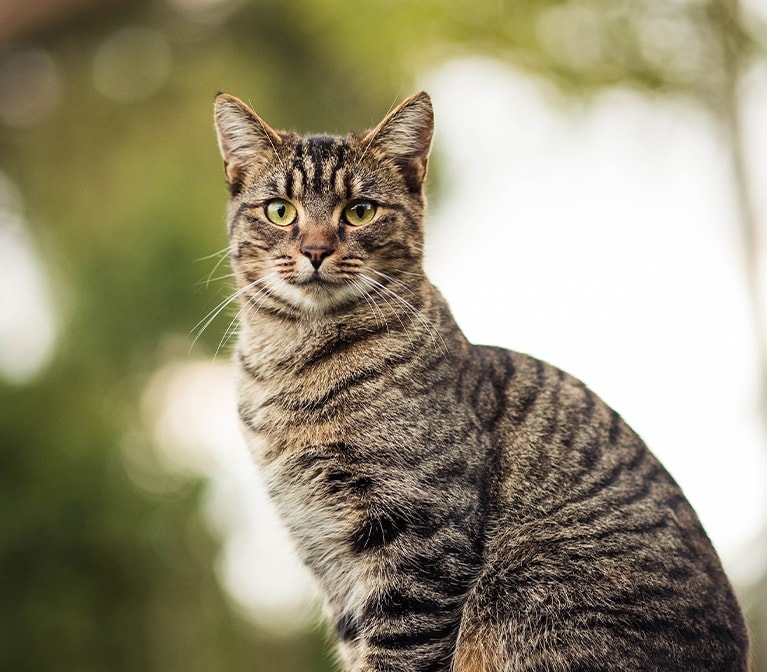
For a cat;
- If they have a Proanima tag or medallion contact us immediately.
- If they have any other type of identification you can try to contact the owner yourself – they will be very grateful!
- You can bring the cat to the shelter during the hours we are open. We can also come pick the cat up only if they are confined. We can not go looking for the cat. If required, you may rent a cage and trap the cat so that it may be sheltered.
- Outside of our working hours keep the animal in a safe place and contact us as soon as our offices open. If possible, confine the animal within a fenced area (backyard), a cage or a room, ensuring they have adequate food and water.

For Kittens;
Have you found one or more kittens outside? You will find here many useful suggestions.
Does the cat really need your help?
Here are a few indications which may help you know if the cat really needs your help;
- Do they have a beautiful coat?
- Do they seem to be healthy?
- Do they seem to be in good condition?
If you answer yes for all of these then it is highly possible that they are simply a visitor and therefore it is preferrable to not feed them or bring them to the shelter. They will return home by themself.
I found a wildlife animal
What should I do?
We suggest you read our page on wildlife animals. You can contact us as soon as possible. Calls are processed according to the level of urgency.


